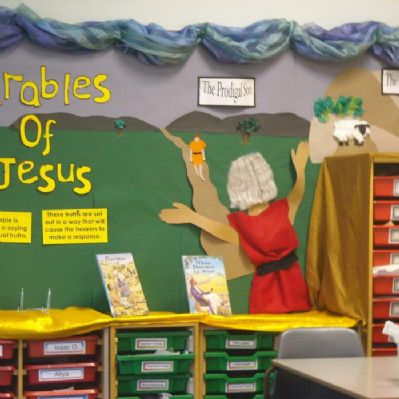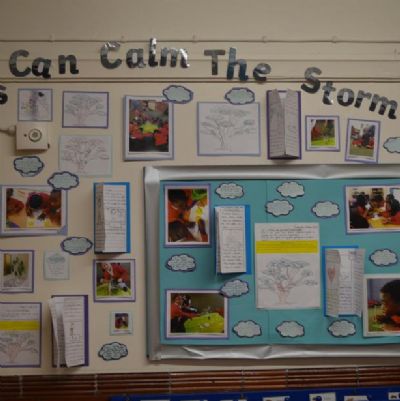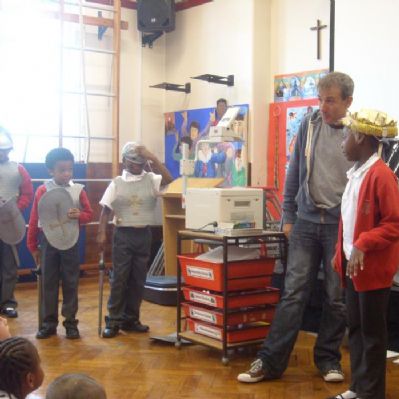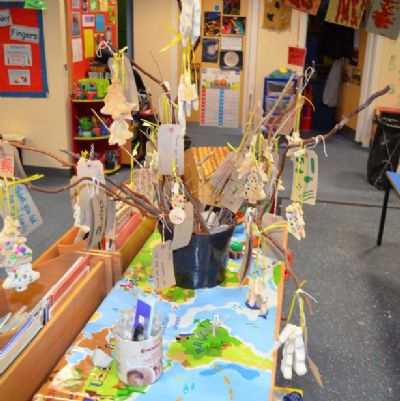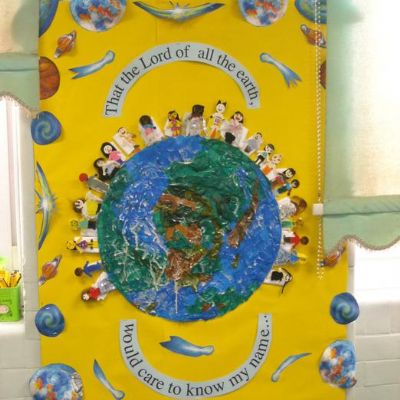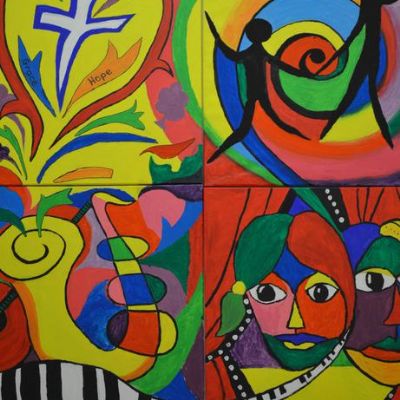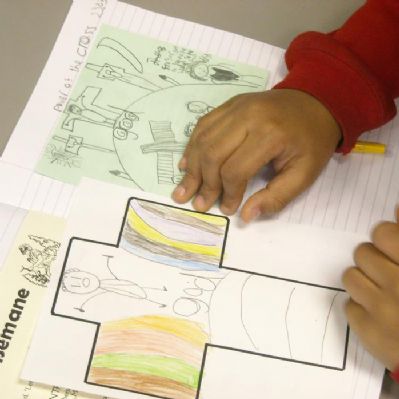Religious Education
Religious Education At St Stephen's
Our Intent:
Our school community contains representatives from many different nationalities, cultures and faith groups. As a Church of England School we aim to offer a welcoming and inclusive environment for all our pupils, including new arrivals in our community. We believe that Religious Education provides an opportunity to develop religious literacy in the students, as well as celebrating and fostering awareness of these differences within our school.
Our aim is that through R.E. we help pupils to develop a positive attitude towards other people, respecting their right to hold different beliefs from their own, and towards living in a society of many religions and beliefs.
Religious Education is the academic study of religions and world views: their beliefs, traditions, practices. It also provides opportunities to reflect on and ask question of these beliefs and traditions, and nurture spirituality and self-awareness. R.E. is a multidisciplinary subject, encompassing Theology, Philosophy and Human Sciences (Believing, Thinking and Living).
Implementation:
At St Stephen’s, RE takes a high priority, as it is a core subject. Two-thirds of R.E. teaching covers different aspects of Christianity, and the other third covers the remaining 5 major world faiths (Islam, Judaism, Buddhism, Hinduism and Sikhism), as well as non-religious world views. At St Stephen’s it is taught in accordance with the Southwark Diocesan Board Agreed Syllabus. The topics are based on Big Questions which are set in the age appropriate year groups.
Example of a starter sheet for Year 1:
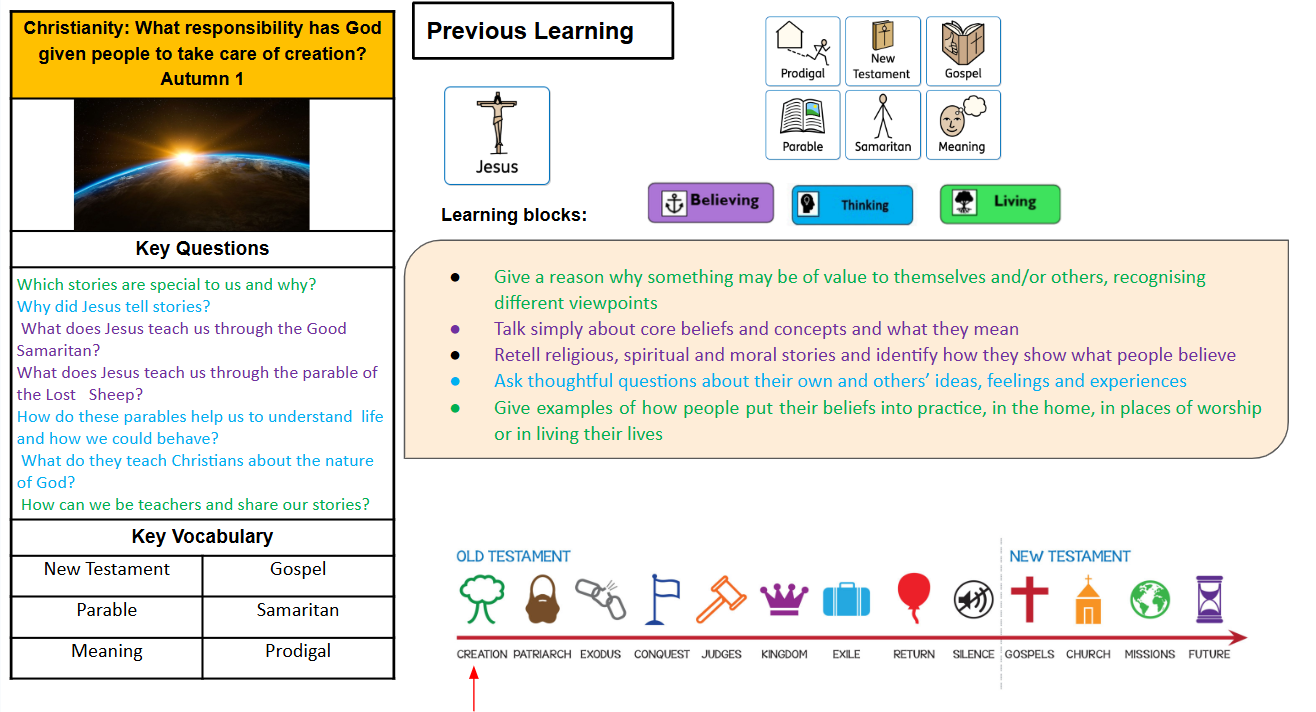
The Teaching, Learning and Assessment of RE is based upon the three lenses or ‘ways of knowing’ in line with the SDBE syllabus. These are Believing, Thinking and Living (Theology, Philosophy and Human Sciences).
Believing
‘Identifying and making sense of core religious and non-religious beliefs and concepts; understanding what these beliefs mean within their traditions; recognising how and why sources of authority (such as texts) are used, expressed and interpreted in different ways, and developing skills of interpretation.’1
Thinking
‘Evaluating, reflecting on and connecting the beliefs and practices studied; allowing pupils to challenge ideas studied, and the ideas studied to challenge pupils’ thinking; discerning possible connections between these and pupils’ own lives and ways of understanding the world.’1
Living
‘Examining how and why people put their beliefs into action in diverse ways, within their everyday lives, within their communities and in the wider world.’1
- SDBE RE Syllabus 2024
See the table below to see an overview of the topics taught.
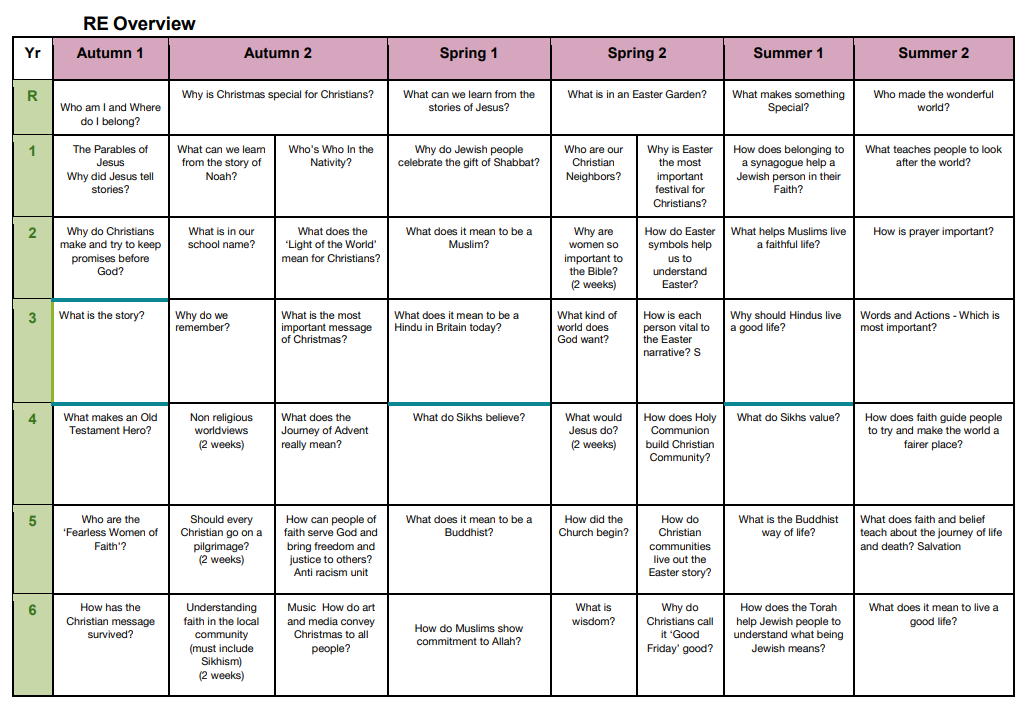
The Foundation Stage:
We teach R.E. to all children in the school including those in Reception.
The Reception and Nursery class follows the EYFS Early Learning Goals, which underpin the RE planning for this age group in line with the Southwark Diocesan Board Agreed Syllabus.
Impact:
In St Stephen’s CE all children should be able to:
- Pupils will have a firm understanding about Christianity as a diverse, living global faith
- Pupils will explore with children the nature of Christian beliefs, practices and values, and how these are lived out.
- Pupils will learn about other world faiths and different world views:developing tolerance and understanding.
- Pupils will develop a culture of respect for everyone.
- Pupils will explore the spiritual dimension of life and have a space to talk about deep questions about life and Faith.
- Pupils will develop an understanding of the contribution of religion to morality and to personal and social relationships and responsibilities.
- Pupils will explore a full range of human experiences.

